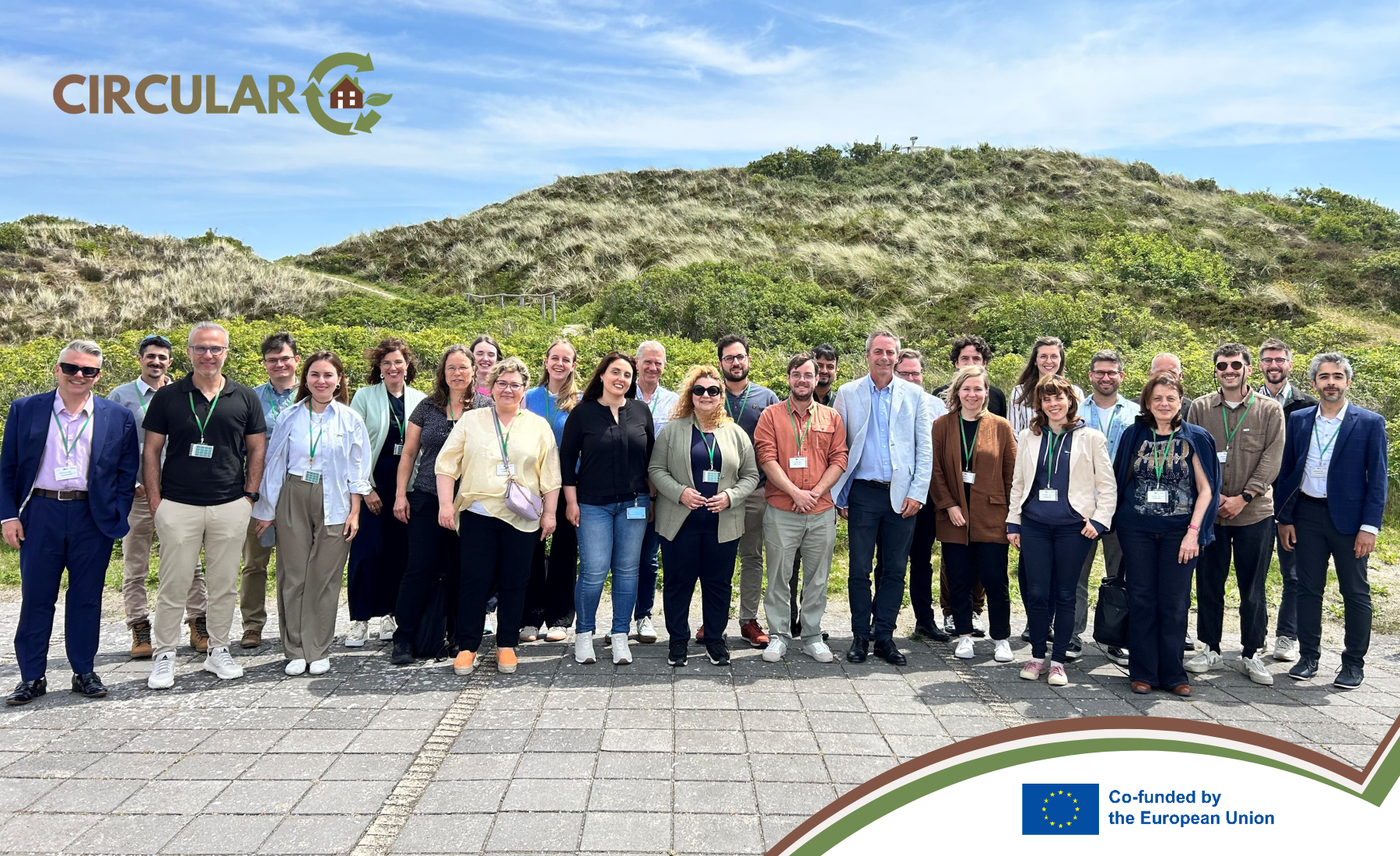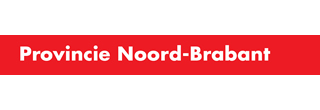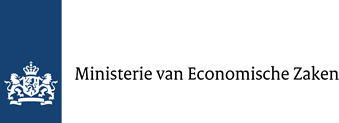News
18-07-2025
CIRCULAR-C develops novel biobased formulations for CIRCULAR Construction materials
CIRCULAR-C, a new Horizon Europe project, aims to boost circularity in the construction sector and significantly reduce environmental impact by developing innovative biobased adhesives and coatings that can be used in the production of wood panels.
Major Barriers to Wood Fiber Recycling - Adhesive Contamination as Primary Obstacle
The scientific literature continually identifies adhesive residues as the main contaminant preventing effective wood fibre recycling. Urea-formaldehyde adhesives, which represent the prevailing binding system, create multiple recycling challenges such as cross-linked polymer networks and particle quality degradation as well as chemical contamination issues. This significantly complicates the recycling process, since up to 60% of collected wood waste consists of physical and chemical impurities.

Overview of the Circular-C Work Processes and their interrelation.
A new generation of circular chemicals
The CIRCULAR-C project will focus on developing a new generation of circular, sustainable, and biobased adhesives, coatings, and functionalized fibres. Designed specifically for wood panels, which are commonly used in flooring, furniture and insulation, these innovative formulations will feature reversible chemical bonds and fire retardancy. This approach enhances recyclability and significantly reduces environmental impact, paving the way for a more sustainable and circular construction industry. An integral part will be the inclusion of Digital Product Passports (DPPs). The development will follow the Safe and Sustainable by Design (SSbD) principles and include environmental safety and life cycle assessments. As the project name suggests, the focus of the CIRCULAR-C project is on circularity throughout the whole life cycle. Therefore, investigation of recycling and secondary recycling as well as secondary market applications are included in the project. Through these efforts, CIRCULAR-C is aiming at increasing the capacity of biobased sectors by maximizing residue valorisation and material recycling, as well as minimizing environmental and climate impact.
Kick-off in Alkmaar, Netherlands
On 17 and 18 June 2025, the Circular-C consortium, came together at the project’s kick-off event in Alkmaar, Netherlands, hosted by TNO, to launch the project’s activities. The project, funded by the EU’s key funding programme for research an innovation, Horizon Europe, will run for 48 months and be coordinated by the Belgian research organization and Biorizon co-initiator VITO.

On 17th and 18th June 2025, the Circular-C consortium met in Alkmaar to kick -off the project activities.
The project consortium is composed of ten partners from seven European countries:
- Vlaamse Instelling voor technologisch Onderzoek N.V. (VITO), Belgium
- Nederlandse Organisatie voor toegepast Natuurwetenschappelijk Onderzoek TNO, Netherlands
- Fraunhofer Gesellschaft zur Foerderung der angewandten Forschung e.V., Germany
- Centre technique de l’industrie des papiers, cartons et celluloses, France
- Teknologian Tutkumuskeskus VTT OY, Finland
- Soprema, France
- Chimar (Hellas) AE, Greece
- Kastamonu entegre agac sanayi ve ticaret anonim sirketi (KEAS), Turkiye
- Steinbeis 2i GmbH, Germany
- Amodamo BV, Belgium
Contact
Kelly Servaes – VITO
Circular-C Coordinator
kelly.servaes@vito.be






